
Machine Learning Algorithm classifies schizophrenia with high accuracy.
In a study published last week in the journal NPI Schizophrenia, researchers from the University of Alberta in Canada and the National Institute of Mental Health and Neurosciences in India created a machine learning algorithm that classified cases of schizophrenia based on brain images with 87 percent accuracy.
Machine learning is increasingly being used as a tool to assist clinicians for a myriad of purposes. This is largely due to the improved pattern-recognition and prediction capabilities of computer vision using deep learning.
In recent years, machine learning has been gaining traction in health care, biotechnology, pharmaceutical, and life sciences industries. The U.S. Food and Drug Administration has approved a number of medical devices using artificial intelligence for a variety of purposes such as detection of brain hemorrhages, stroke, diabetic retinopathy, wrist fractures, coronary artery disease, pulmonary tissue damage, iron concentration in the liver, mammogram abnormalities, kidney stones, cerebral blood flow, and more. These are examples of trailblazing uses of AI for disorders of the body. What is on the horizon is applying AI algorithms for mental health, as illustrated as a proof-of-concept in this new research study.
“The aim of our study was to improve accuracy for diagnostic prediction, compared to results reported in the literature, by designing a feature creation and learning pipeline that incorporates prior knowledge of neuroanatomy and neurophysiology,” wrote the researchers.
Schizophrenia is a neuropsychiatric disorder that impacts 20 million people globally according to 2017 figures from Our World in Data. There are around 3.5 million Americans who have been diagnosed with schizophrenia and it is among the leading causes of disability, according to the Schizophrenia and Related Disorders Alliance of America (SARDAA).
“Machine-learned MRI models have the potential to identify biological markers and delineate symptom clusters,” wrote Sunil Kalmady, who led a research.
Schizophrenia is a severe mental disorder that affects cognition, perception, behavior, emotions, and relationships with others. People with schizophrenia may have hallucinations, delusions, disorganized speech, catatonic or disorganized behavior, and difficulty separating the imaginary from reality.
“Despite decades of research, there are no precise and reliable etiopathophysiological markers for major psychiatric conditions,” wrote the researchers.
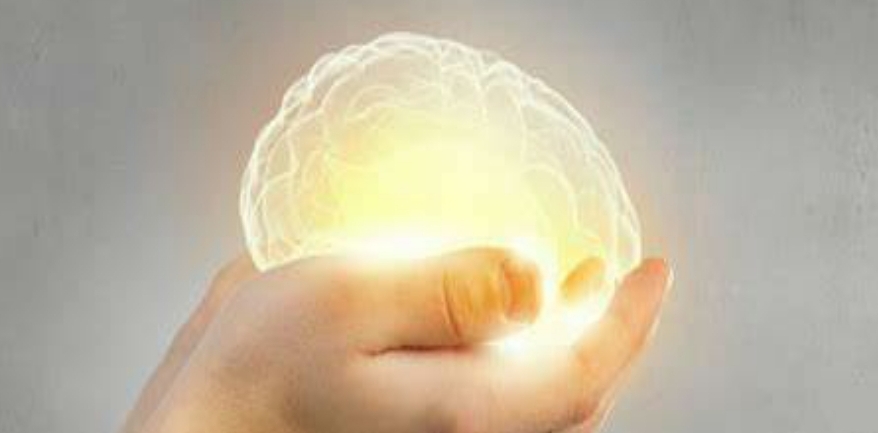
What sets this study apart from the others is that many earlier studies used fMRI scans that were “confounded with antipsychotic drug effects” and therefore “those scans did not correspond to the point of first medical contact, and so may not lead to optimal diagnostic models.” The team used data from patients who were diagnosed with schizophrenia, but were not taking any medications yet.
The researchers also point out that other studies with accuracy of greater than 80 percent used small datasets, which may not be adequate in capturing the heterogenous nature of schizophrenia. This study used data from 174 subjects (81 patients and 93 controls). The patients were from the National Institute of Mental Health and Neurosciences (NIMHANS, India), who fit the DSM-IV criteria for schizophrenia. Volunteers were prescreened to eliminate those with any psychiatric diagnosis for the control group.
The team named their AI tool “EMPaSchiz,” which is short for Ensemble algorithm with Multiple Parcellations for Schizophrenia prediction. MATLAB (The MathWorks, Inc) was used for the preprocessing and feature extraction. EMPaSchiz uses logistic regression classifiers.
“Our overall model involves stacking predictions from several single source models, each based on the specific set of features related to regional fMRI activity and functional connectivity, and a specific a priori parcellation scheme,” wrote the researchers.
With this new proof-of-concept, scientists have provided a new demonstration of the power of machine learning to help identify schizophrenia—paving the way for AI to assist clinicians as a mental health tool in the future.
Source: Cami Rosso/ Psychology Today








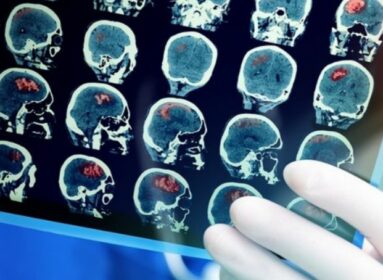



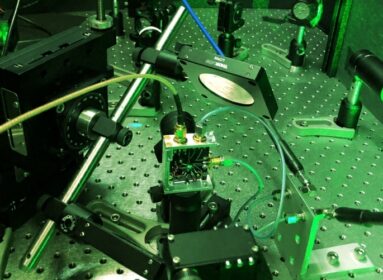
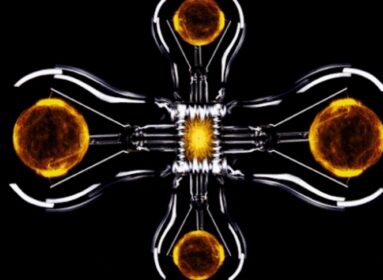
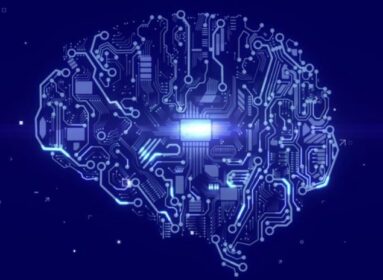



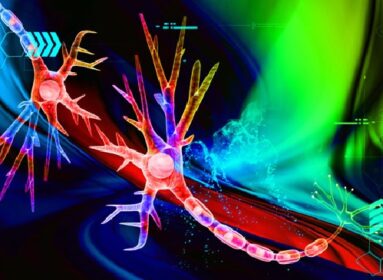

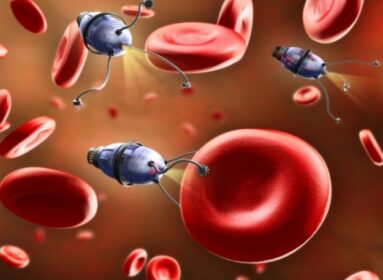


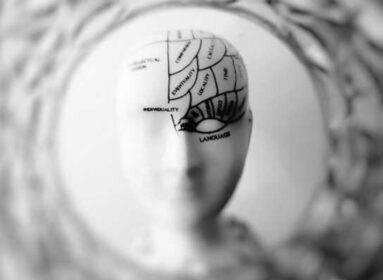


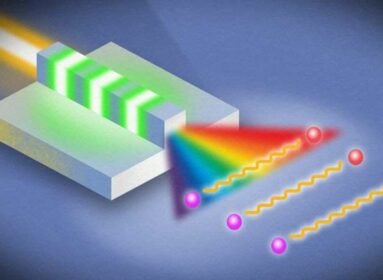





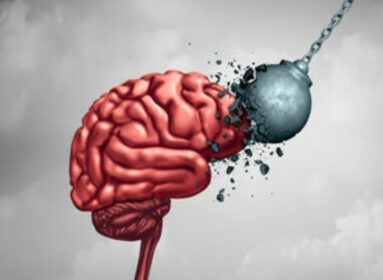
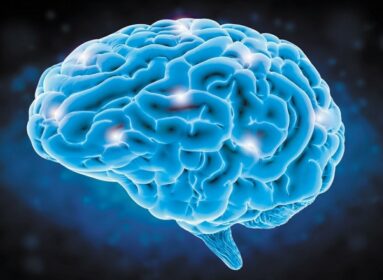




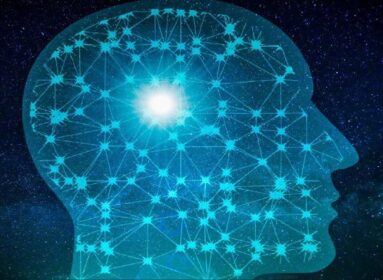
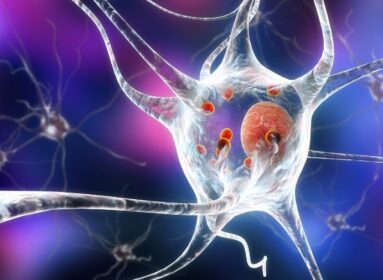



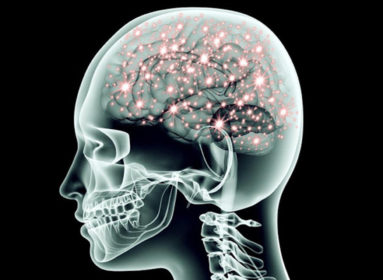






















Comments are closed.